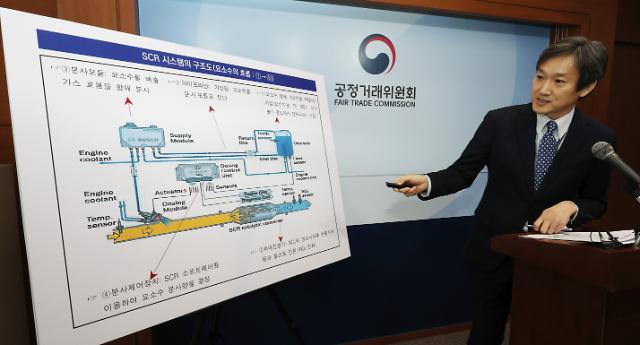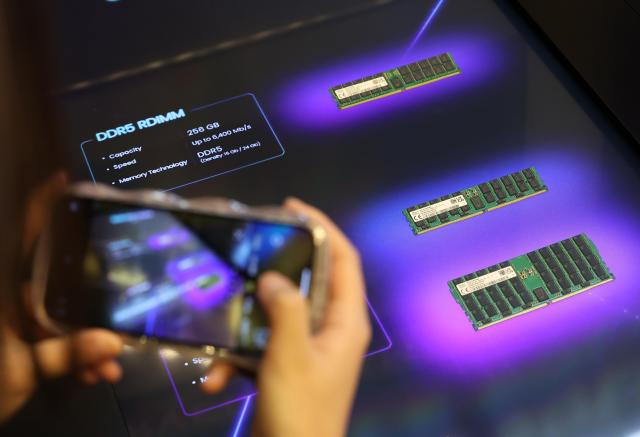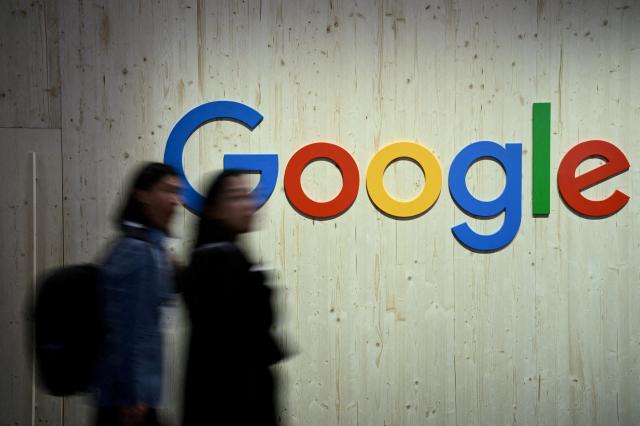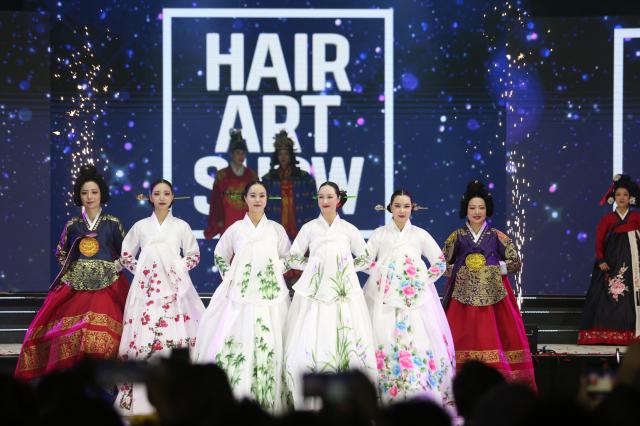
Shin Dong-yeol, director of the anticompetition investigation bureau at the Korea Fair Trade Commission (KFTC), holds a press briefing in the Government Complex in Sejong City, February 9, to announce the regulator's decision to issue a correction order on four German carmakers for their collusive scheme that led to higher nitrogen oxide emissions. [Yonhap]
On February 9, the KFTC said it has found that the German brands -- BMW, Mercedes-Benz, Audi and Volkswagen -- were engaged in the collusive scheme in which they adopted software to make their diesel models consume less urea solution while developing selective catalytic reduction (SCR) technology.
The antitrust regulator concluded that the carmakers' collusion ran counter to fair competition because it blocked the development and production of diesel cars that can reduce NOx emissions.
Urea solution is usually used to operate the SCR system designed to reduce nitrogen oxide emissions. Consumption of less urea solution could lead to more emissions.
The amount of fine is estimated at 20.7 billion won for Mercedes-Benz, 15.6 billion won for BMW and 5.9 billion won for Audi. However, the KFTC decided not to slap a fine on Volkswagen because it has not sold any affected models in Korea.
Under environmental regulations, diesel cars need to have an SCR device to cut down on the emission of NOx exhausted from diesel engines. NOx is classified as a toxic gas which may cause respiratory and lung illnesses.
Copyright ⓒ Aju Press All rights reserved.



